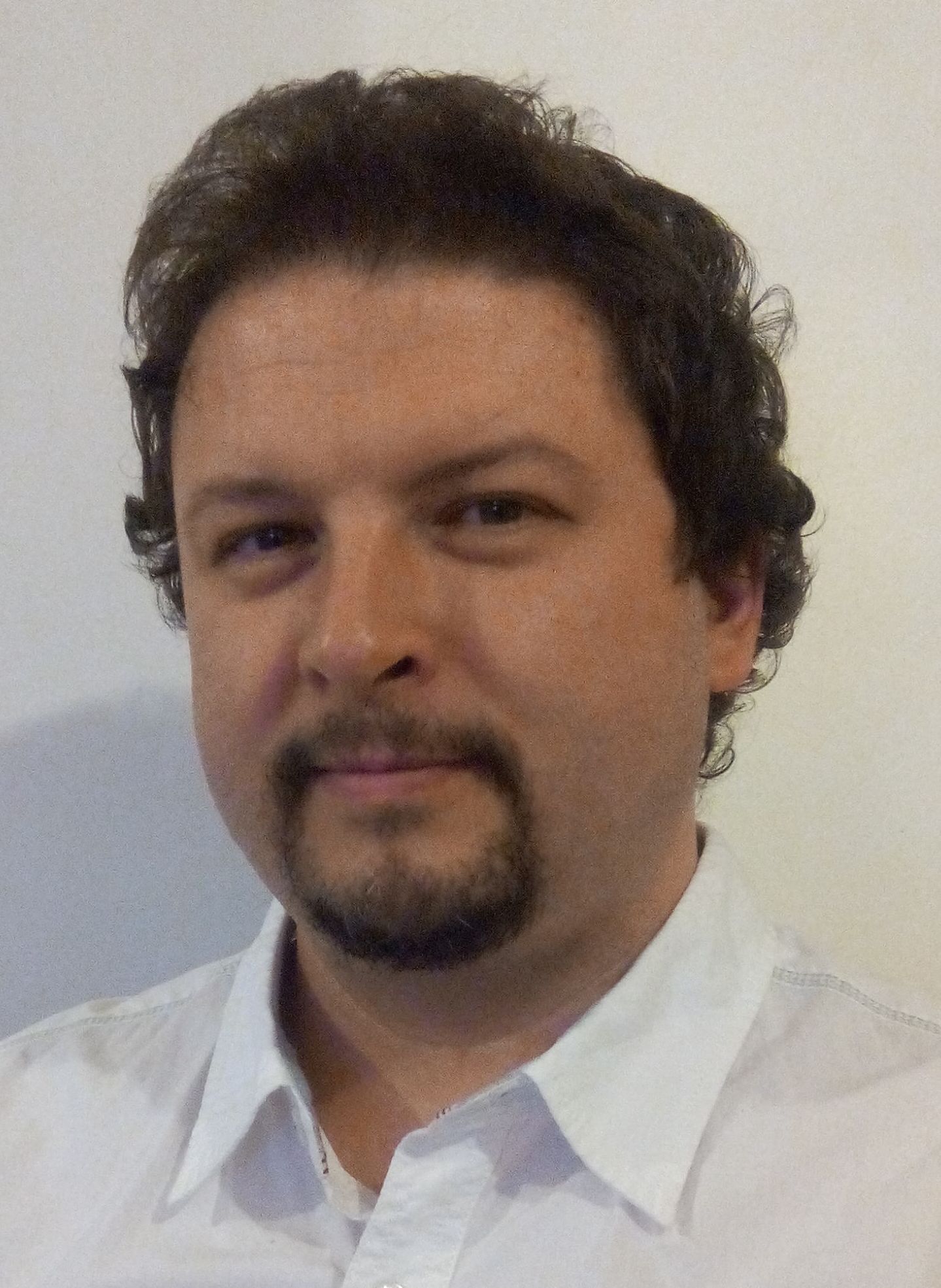Angel Kirchev

Bio
Dr Angel Kirchev joined the research of team of the Lead-Acid Battery Department of the Bulgarian Academy of Sciences (BAS-LABD) in 2000. During his work in BAS-LABD, he contributed to several R&D projects funded by the European Commission, the Advanced Lead-Acid Battery Consortium and the USA Army European Research Office. During the same period he also worked on his PhD thesis focused on the processes of the oxygen recombination in sealed lead-acid batteries. Due to the obtained results, he was presented with the Dave Rice award in 2005. In the same year, Dr Kirchev joined the energy storage team of CEA-LITEN as post-doctoral fellow. Latter in 2007, he was appointed to the position of project manager in the same laboratory. In 2013 he obtained an HDR diploma from the University of Grenoble for his contributions on the subject “Management and Components for Advanced Lead-Acid Batteries”. Since 2024, he has been appointed to Research Director position in the same laboratory.
Positive tubular plate technology offers significant endurance under conditions combining deep cycling and excessive overcharge. Such robust features makes these electrodes suitable for hybrid electrochemical applications combining the energy storage function of the lead acid battery and the production of hydrogen by electrolysis. The operation and ageing mechanism of the positive tubular plates with lead-antimony grids under profiles, which could be typical for such hybrid electrochemical applications, have been studied within the Horizon Europe project LoCel-H2. The results from the electrochemical and the corrosion tests indicate that the selected approach may deliver economically sustainable solutions for local small and medium scale hydrogen production in electric grids with strong penetration of renewable energy production. The suggested sustainability hypothesis is further supported by the high recycling rates of the components constituting the proposed hybrid electrochemical system.


